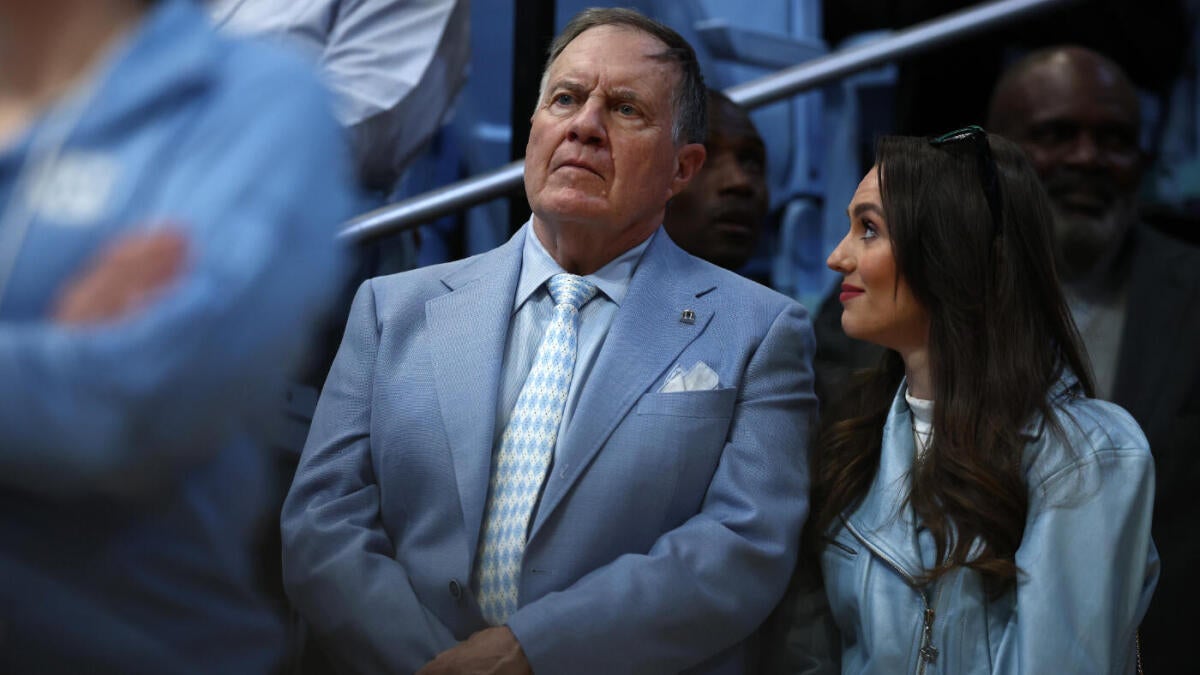Navigating the Intersection of Sports Legacy and Intellectual Property in the Digital Age
In the ever-evolving landscape of sports branding, the intersection of personal identity, legal strategy, and modern marketing reflects a new frontier. The recent trademark filings associated with Bill Belichick’s coaching persona, spearheaded by Jordon Hudson, illustrate how legacy management in sports can transcend traditional boundaries, creating vibrant discussions around control, autonomy, and revenue in the 21st century.
Strategic Reinvention through Trademark Innovation
At the heart of this development lies a clever legal and branding maneuver. Phrases synonymous with Bill Belichick’s coaching philosophy, such as “Do Your Job” and “Ignore the Noise,” have long been trademarked by the New England Patriots under the stewardship of Robert Kraft. Yet Hudson’s decision to file trademarks on these slogans with an appended “(Bill’s Version)” adds a layer of personal ownership and differentiation.
This approach mirrors high-profile branding shifts famous in the music industry, notably Taylor Swift’s “Taylor’s Version” releases, which reclaim creative control and recalibrate ownership. By leveraging a similar suffix, these filings do more than register intellectual property—they craft a distinct subset of the Belichick brand that separates his personal legacy from institutional claims.
In legal terms, this strategy may provoke challenges regarding trademark overlap or infringement, given the Patriots’ existing rights. However, it also signals a strategic diversification, positioning Belichick—and his associates—to negotiate directly over brand usage fees, merchandising rights, and media representations in ways that were previously inaccessible.
Business Implications: Shifting Power Dynamics in Sports Branding
This move encapsulates a broader trend within sports and celebrity branding: the decentralization of revenue streams and management from traditional team or organizational structures toward individuals and their close parties. Traditionally, iconic phrases and symbols have been locked within the ambit of franchise control, but Hudson’s filings suggest a shift toward personal legacy monetization.
Creating a new entity specifically to manage these trademarks centralizes control, enabling more nimble business operations that could encompass licensing, endorsements, and media products. This strategy not only diversifies income sources for Belichick’s brand but also sets a precedent for how sports figures might assert IP rights long after active careers wind down.
Furthermore, this evolution reflects the blending of personal and professional roles—Hudson’s involvement as both partner and business strategist blurs conventional lines, introducing fresh dynamics around governance and influence in sports legacy management.
Jordon Hudson’s Role: Catalyzing a Modern Branding Paradigm
Jordon Hudson’s active management of the trademark filings positions her as a pioneering figure in a traditionally male-dominated arena. Assuming responsibilities akin to a chief operating officer, she exemplifies a new generation’s entrepreneurship, merging intimate personal connections with sharp business acumen.
Her prominent public presence — including a viral moment during an interview — has magnified perceptions of her influence. While some critics question the propriety or implications of her role, others recognize it as an expression of evolved partnership models where influence extends beyond the personal sphere into strategic legacy building.
Beyond branding and law, Hudson’s involvement underscores generational shifts in how sports legends’ images are curated. Where once legacy was solely in the hands of teams or media, a younger, digitally native cohort prioritizes direct control, content creation, and narrative ownership aligned with broader trends in influencer culture and IP rights management.
Public and Media Perception: The Double-Edged Sword of Innovation
Reactions have oscillated between admiration for a savvy, contemporary approach and skepticism over potential conflicts with established trademark holders. The media spotlight has amplified scrutiny of the legal dimensions, the relationship dynamics, and Hudson’s rapid rise within elite sports business circles.
The notable age difference between Hudson and Belichick adds complexity to the public narrative, illustrating how personal relationships increasingly intermingle with public commercial ventures. This fusion invites nuanced conversations about agency, strategic partnership, and ownership, demonstrating that legacy management today involves far more than business transactions—it is entangled with identity and culture.
Legacy in Flux: A New Model for Sports Iconography
Jordon Hudson’s trademark filings are more than a legal footnote; they represent a defining moment in sports legacy reimagination. By embedding personal branding within an iconic football figure’s existing cultural framework, this approach carves a novel paradigm where legacy is not just preserved but actively curated for maximal personal and financial relevance.
This sophisticated blend of intellectual property savvy, generational branding philosophies, and intertwined personal-professional relationships marks a forward-thinking path. Whether resulting in litigation or harmonious arrangements, it undeniably reflects the digital age’s demand for control, creativity, and entrepreneurship in legacy stewardship.
Conclusion: The Future of Sports Legacy Control
In redefining ownership of iconic phrases through newly forged trademarks, Hudson and Belichick illustrate how sports legacy management is evolving from institutional gatekeeping to personalized brand empowerment. This evolution embodies broader shifts in how athletes and their inner circles wield legal and commercial tools to shape not only their reputations but their economic futures.
As ownership becomes more intimate, dynamic, and digitally informed, the landscape of sports branding will likely continue to reflect these entrepreneurial ventures. The “Bill’s Version” filings symbolize a trailblazing step, heralding a future where sports icons and their closest collaborators design, protect, and profit from their legacies on their own terms, reshaping tradition with 21st-century vision.











